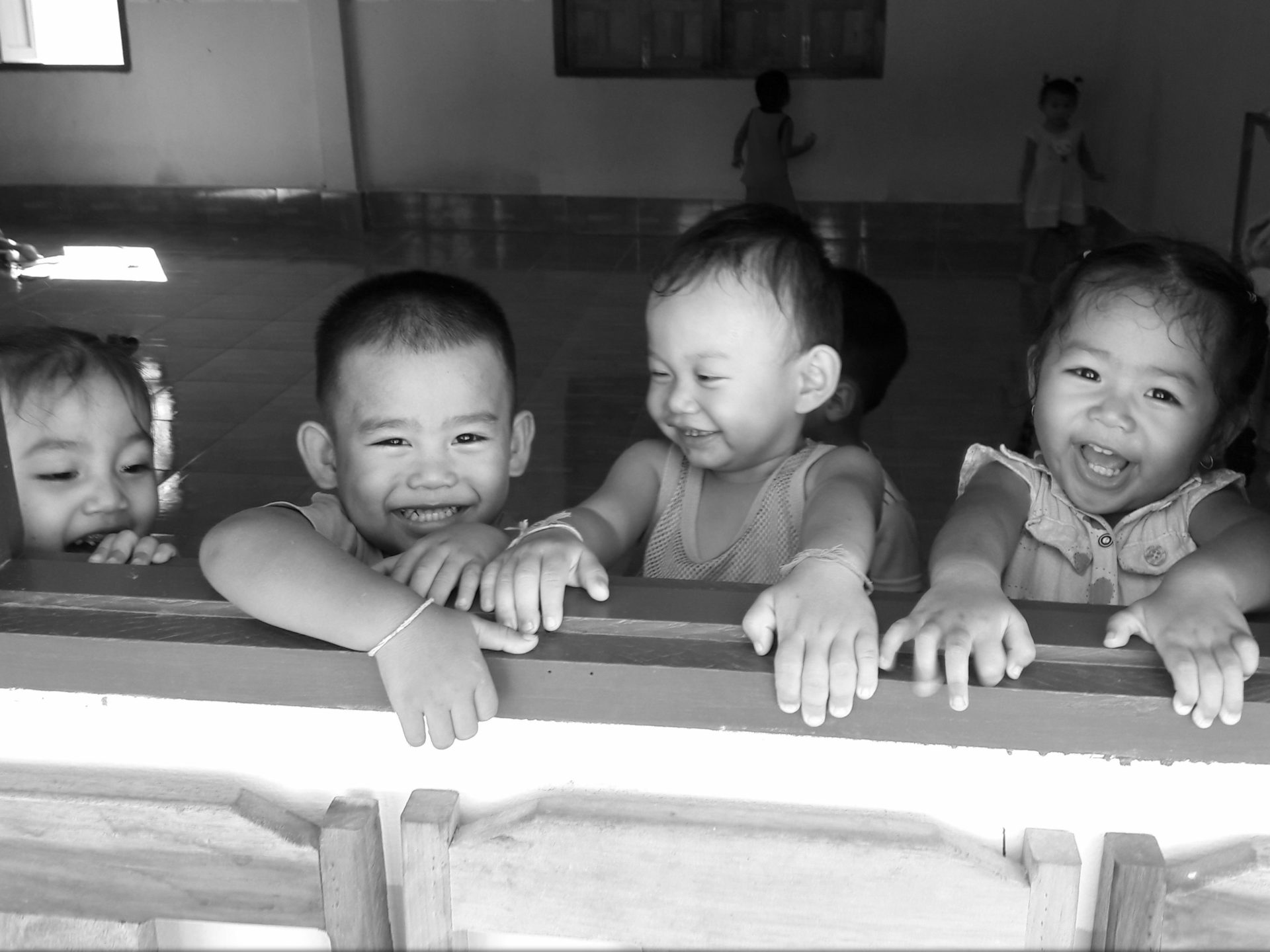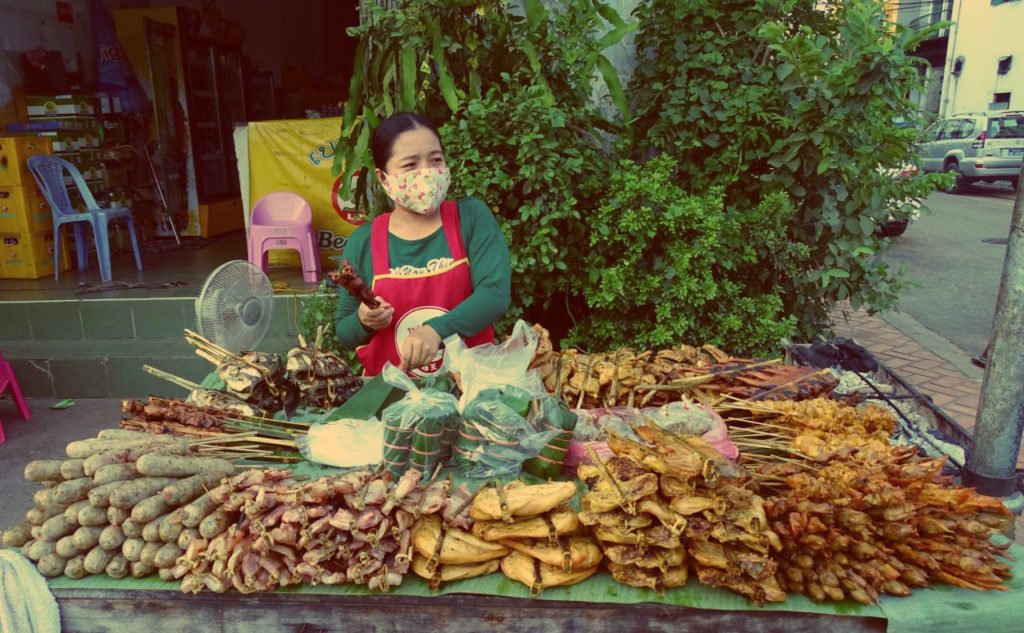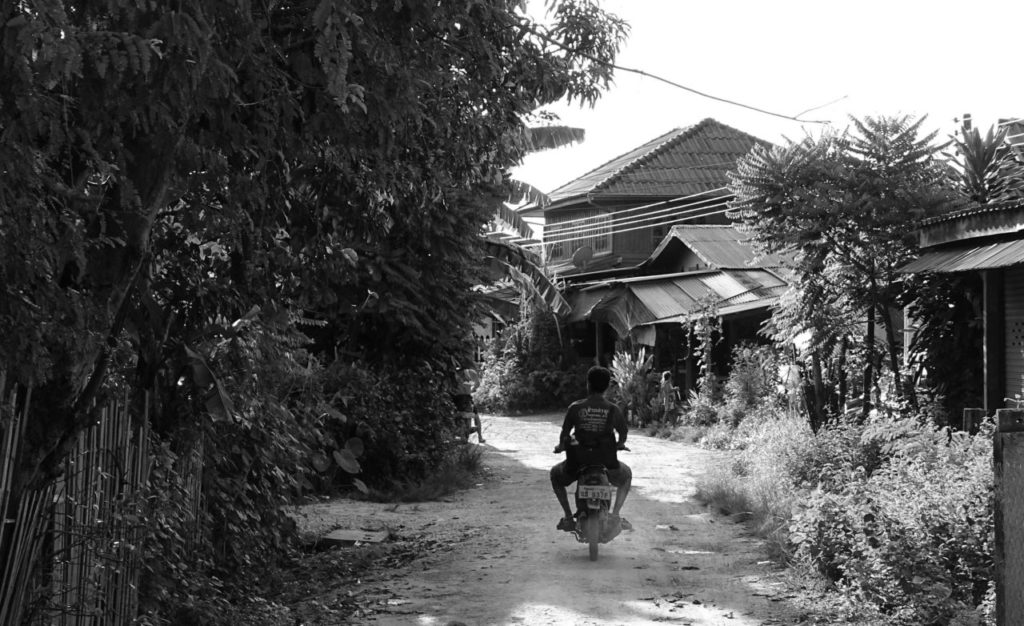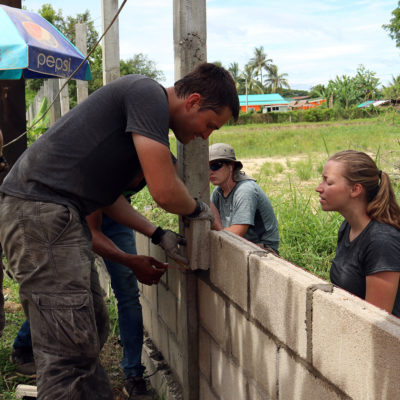In Laos, the locals have an expression akin to the Western quips of “Let it go,” “No problem,” or “Never mind,” or even the more modern “Whatever”: “Bor pen yang (ຮ້ານ ບໍ່ເປັນຫຍັງ).” It’s such a ubiquitous saying that a bar in the capital city of Vientiane bears it as its name. And for the Lao people, perhaps nothing better captures their joyful desire to move on from troubles quite like the thoughtless declaration.
Coming from The Philippines, I’m very familiar with this kind of expression. My native tongue’s version is “Bahala na,” which translates to “Come what may,” or if someone really wanted to pursue its etymology, “Leave it to God.”
I’m certainly not the first to be fascinated by these expressions that seem very much opposed to the workaholic, go-getter way of life of the developed world. And it’s well-known that these developing countries that live by such words, are filled with smiles. I simply hope to tread the bridge connecting the words and the smiles, and shed some light on one of South East Asia’s more muted stories: the Lao people.
Indochina’s Best Kept Secret
Once known as “The Kingdom of a Million Elephants,” the oft-overlooked (People’s Democratic Republic of) Laos is home to about 7 million people—a paltry figure considering a land area roughly the size of the United Kingdom. I first visited the landlocked nation in 2016, as part of a big trip across the region. While I always make it a point to read about a country before I arrive, I admit I didn’t do my homework for Laos. Perhaps it was travel fatigue, a mindless nod to its similarities with neighbouring countries. I’d gotten “templed out” in Thailand and Myanmar, and had noodles coming out of my ears by the time I left Vietnam.
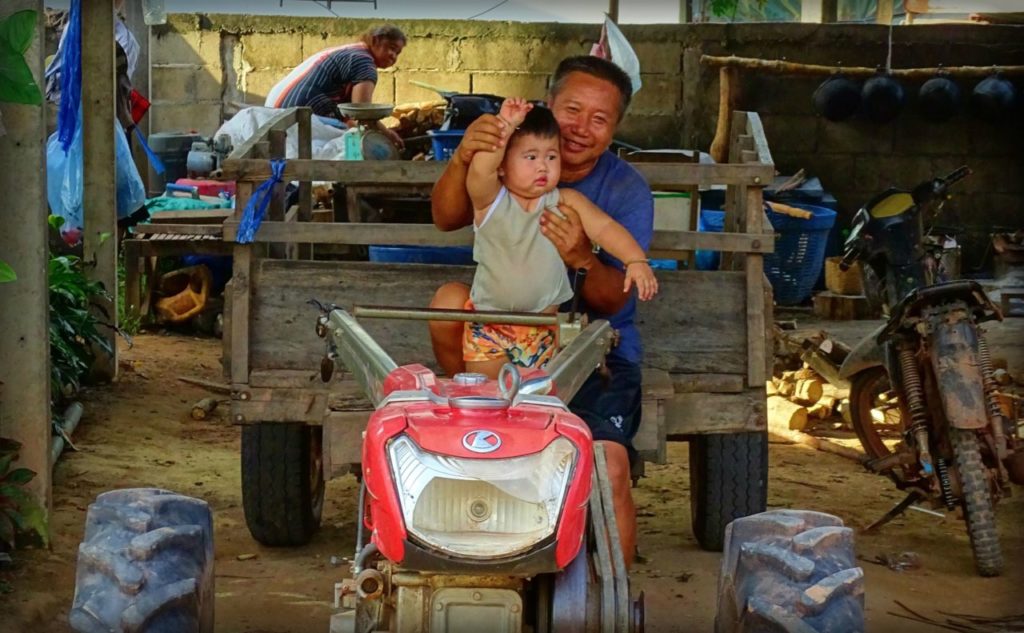
I guess I expected more of the same—a tiny shrine here, an oversized pagoda there, conical hats, and the soundtrack of two-stroke engines over lush landscape. And I was right, all of those were present. But what I found to be most interesting were a people that quite frankly rarely make it into that conversation of impressions the region’s travellers often have:
“I found Indonesians aggressive,” one would say.
“Apart from the tuk-tuk drivers, Cambodians are so sweet,” says another.
This discussion of stereotypes is a guesthouse favourite—the gentle Burmese, the Vietnamese who’ve been through a lot, the relentlessly hospitable Thai, etc. And rightfully so, as the people we meet make a massive difference to our travel experience.

